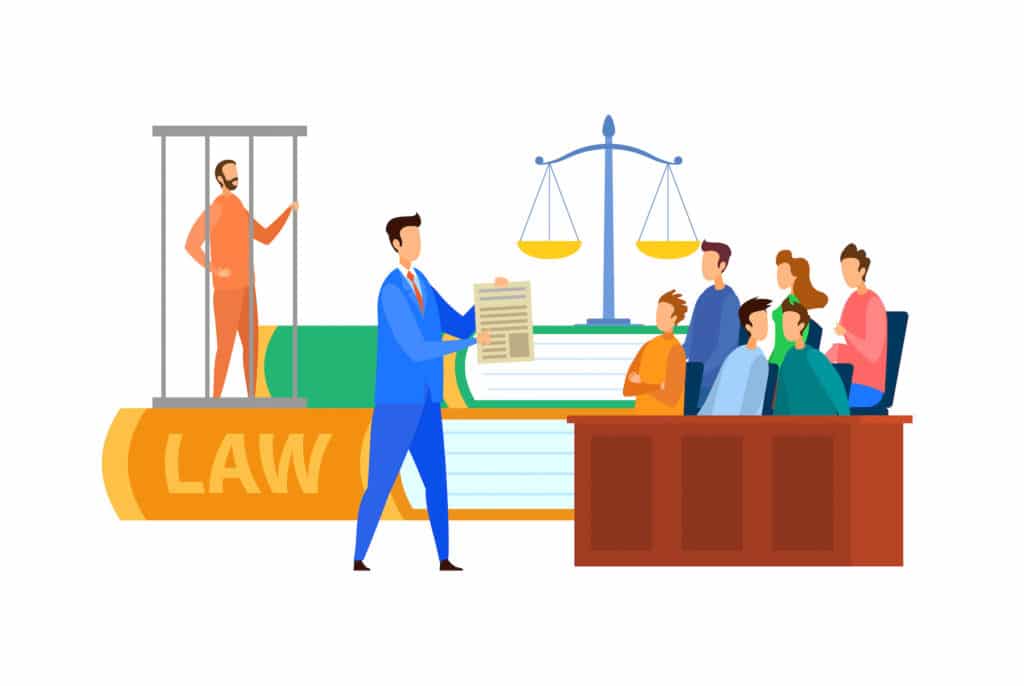
Crafting Solid Legal Contracts: Essential Tips for Success
Creating legally sound and effective contracts is a fundamental skill for businesses and individuals alike. In this article, we explore essential tips for crafting solid legal contracts that stand up to scrutiny and protect the interests of all parties involved.
Understanding Contract Basics
Before delving into the tips, it’s crucial to have a solid understanding of contract basics. Contracts are legally binding agreements that outline the rights, responsibilities, and obligations of the parties involved. Understanding the essential elements of a contract, such as offer, acceptance, consideration, and mutual intent, lays the foundation for effective contract drafting.
Clearly Defining the Parties and Scope
One of the first steps in crafting a solid legal contract is to clearly define the parties involved. Provide accurate and detailed information about the individuals or entities entering into the agreement. Additionally, clearly delineate the scope of the contract, specifying the goods, services, or obligations covered. Clarity in these foundational aspects minimizes ambiguity and potential disputes.
Precise and Unambiguous Language
Precision in language is paramount in legal contracts. Ambiguity can lead to misunderstandings and disputes. Use clear, unambiguous language to articulate the terms and conditions of the agreement. Avoid vague phrases that could be open to interpretation. A well-drafted contract should leave no room for uncertainty.
Enumerating Specific Terms and Conditions
Each contract should include specific terms and conditions that outline the rights and obligations of each party. Enumerate details such as payment terms, delivery schedules, performance metrics, and any other relevant factors. The more specific and detailed the terms, the less room there is for misinterpretation.
Incorporating Contingency Plans
Anticipating potential challenges and incorporating contingency plans into the contract adds an extra layer of protection. Address what happens in the event of unforeseen circumstances, breaches of contract, or changes in circumstances. Well-thought-out contingency plans contribute to the resilience of the contract in various scenarios.
Ensuring Legal Compliance
Legal contracts must comply with applicable laws and regulations. Ensure that the contract adheres to the legal framework governing the subject matter. If necessary, seek legal advice to confirm compliance with specific industry regulations or local laws. Contracts that violate legal requirements may be unenforceable.
Seeking Professional Legal Review
While individuals and businesses can draft contracts independently, seeking professional legal review is advisable. A legal professional can provide insights, identify potential issues, and ensure that the contract aligns with legal standards. Investing in legal review upfront can prevent costly legal challenges down the line.
Maintaining Consistency Throughout
Consistency is key in contract drafting. Ensure that language, terminology, and formatting remain consistent throughout the document. Inconsistencies may lead to confusion or, in extreme cases, could be exploited during legal disputes. A uniform and coherent contract enhances clarity and enforceability.
Including Dispute Resolution Mechanisms
No matter how well-crafted a contract is, disputes may still arise. Including clear dispute resolution mechanisms, such as arbitration or mediation clauses, provides a structured process for resolving conflicts without resorting to litigation. These mechanisms can save time and resources in the event of disagreements.
Regularly Updating Contracts
Business environments and circumstances change over time. It’s important to recognize that contracts are living documents that may need periodic updates. Regularly review and update contracts to reflect changes in laws, business practices, or the parties’ needs. Keeping contracts current ensures ongoing relevance and effectiveness.
Legal Contracts Tips: A Comprehensive Resource
For those looking to delve deeper into legal contract tips and best practices, Legal Contracts Tips serves as a comprehensive resource. This platform offers additional insights, articles, and practical advice for individuals and businesses navigating the intricacies of contract drafting.
Conclusion: Building Solid Foundations
In conclusion, crafting solid legal contracts requires a meticulous and informed approach. From understanding the basics and using precise language to seeking professional review and incorporating contingency plans, each step contributes to building a robust foundation for agreements. By following these essential tips, individuals and businesses can create contracts that withstand scrutiny and foster successful relationships.

